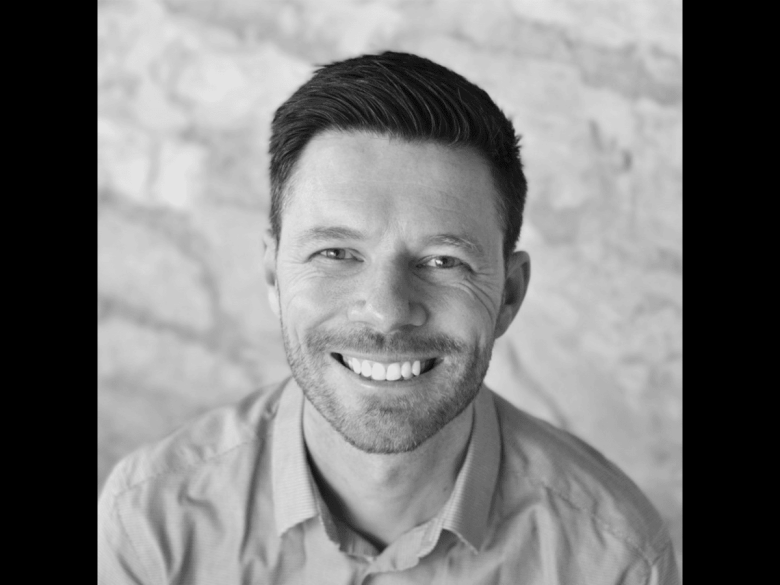Luke Schneider knows that many children with autism have a hard time in school – and he’s motivated to do something to change that.
A psychologist by trade, Schneider was named a 2024 Churchill Fellow and is using his Fellowship to research autism awareness programs for primary school-aged children – programs that are designed to give kids a better understanding of autism.
He believes implementing this sort of program in Australian schools would help to build inclusive attitudes amongst kids from a young age.
“Hopefully the follow-on from that is acceptance, and in turn, the reduction of stigma for autistic students,” Schneider explained.
The majority of his clients are autistic, and he said he often hears that they experience social difficulties at their school – from social isolation, to emotional dysregulation, to differences in communication styles or play preferences causing distress.
Schneider said autistic children are often removed from classrooms to learn social skills, which can be detrimental to their sense of self.
When it comes to emotional dysregulation, he said in many cases those supporting the child don’t “take the time to understand what the problem [is] from their perspective”, and the underlying unfairness or problem goes unsolved.
But recent changes in community perceptions of autism mean the world is moving towards affirming neurodiversity, focusing on people’s strengths and needs, he added, rather than “forcing conformity to neurotypical norms”.
An autism awareness program in schools would align with this change.
Schneider hopes his research will have a positive influence on the wider community.
“One of the things I’d like to see is awareness training built into the curriculum in some way,” he said.
“I’d like to see neurodiversity-affirming programs put in as standard so that we have children from a young age understanding that there are lots of different neurotypes and there are lots of different ways in which people experience the world, and that’s OK.”
As part of the Fellowship, Schneider has visited researchers from different institutions around the world who have developed the sorts of programs that he wants to see implemented in Australia, to see how they might work over here.
“It’s being done in lots of different ways – there are short courses, there are longer courses that are built into the curriculum. I’m going to be… trying to understand what’s worked and what hasn’t and what obstacles have gotten in the way,” he said of his research.
But he won’t stop there. Lived experience will also play a part in the development of a practical program.
“One of the things I really plan to do is gather as much information as I can but then come back and get more involvement and input from the autistic people that I work with, but also the broader neurodivergent community.
“I really want to understand as much as I can from autistic kids, what’s important to them and what they feel like people need to know about them because they’re the experts, they know best,” he said.


As a grandfather to a 10-year-old autistic boy, this article truly resonated with me. Sadly, our grandson went backwards at his previous school because they tried to change him instead of working with him. They didn’t see his strengths or understand his needs. Thankfully, he is now at a new school where he is finally flourishing, because they embrace who he is and support him in a way that makes sense for him. It’s so encouraging to read about Luke Schneider’s work. Awareness programs like the ones he’s advocating for are so needed. If more schools, both primary and secondary adopted neurodiversity-affirming practices, I believe many autistic children would have a much more positive and meaningful experience at school. Thank you for shining a light on this important work. I hope to see real change happen across the country.
Thanks for this article, link. Thanks also Maurice for your comment. Autistic students have so much to offer, but school can be really tough! Keep an eye out for the report I am writing on this project. It will be published on the Churchill Trust website in the coming couple of months.